Saint Maximus the Confessor, a mediator between East and West
This book discusses how Saint Maximus the Confessor (c. 580-662) approached three of the most important teachings of Christianity: the Filioque, the original sin and the papal primacy. Larchet proves that Saint Maximos’s arguments were based on the dogmas of the Ecumenical Councils and Church Fathers’ writings (Latin and Greek), and that his struggle for the purity of faith helped Orthodox Church to shape its identity through the ages. For Maximus the orthodox faith as a criterion of belonging to the Church is not defined by any local Church, by its clergy, by the patriarch or by the believers; its defined by the whole Tradition of the universal Church. The criterion of the orthodoxy of the faith is the agreement with Tradition, as it is expressed by the teachings of Holy Scripture, synods and Holy Fathers. Larchet expresses the belief of Saint Maximus that not only the dogmatic positions of the pope, patriarchs and bishops, but even the ones of the councils must be...
Other books from Patristica - Studies series
- 55 LEI
- 45 LEI
- 71 LEI
- 34 LEI
- 49 LEI
- 29 LEI
Customers Also Bought
- 7 LEI
- 49 LEI
- 41 LEI
- 41 LEI


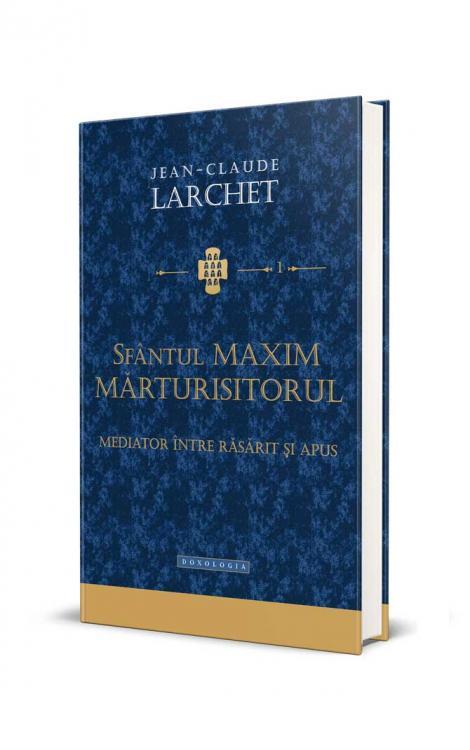
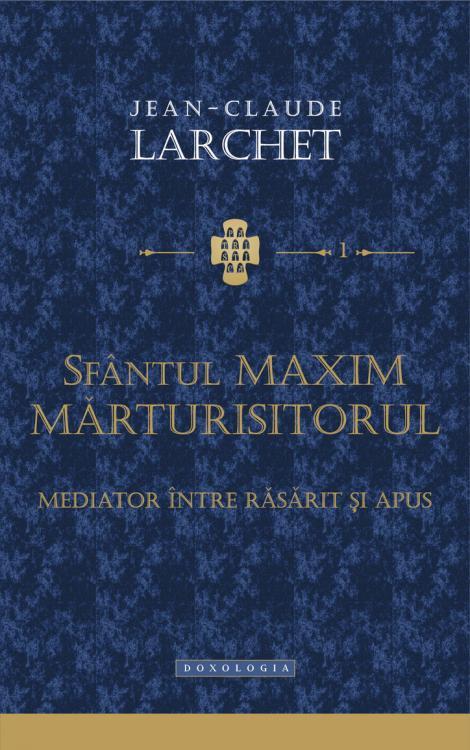
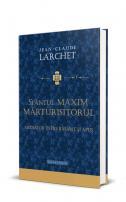
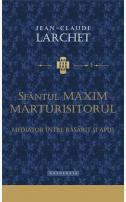

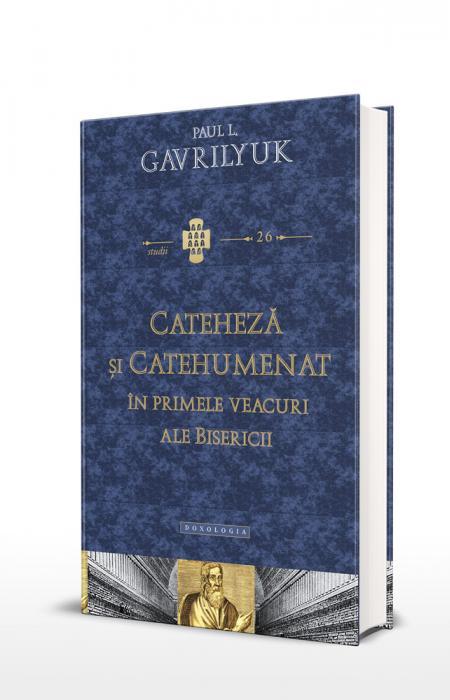
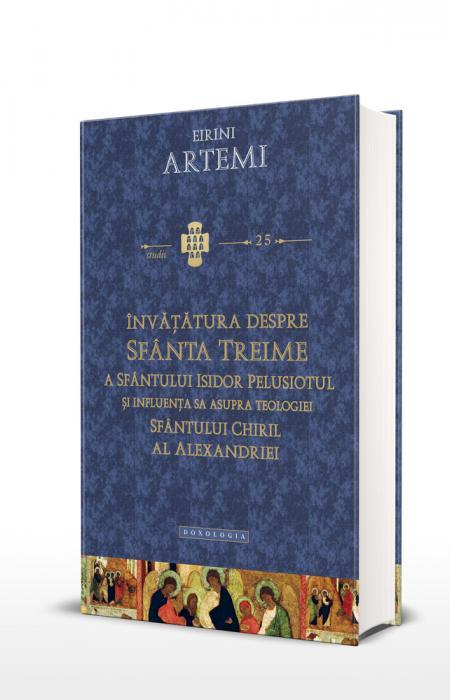
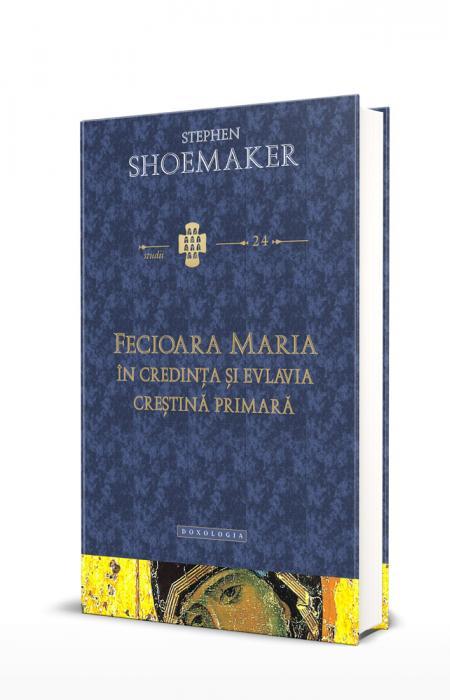
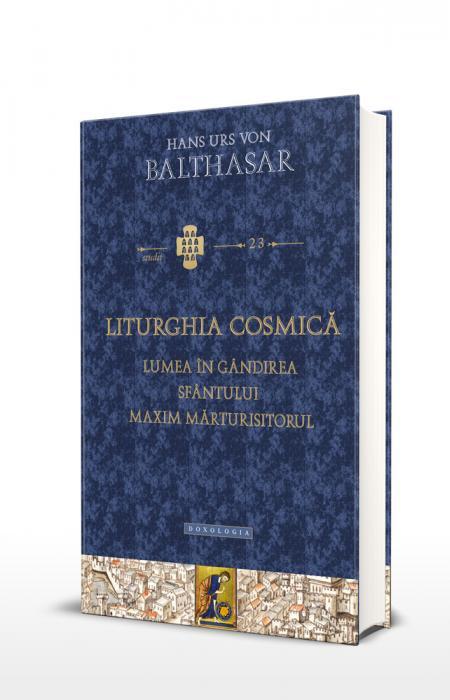
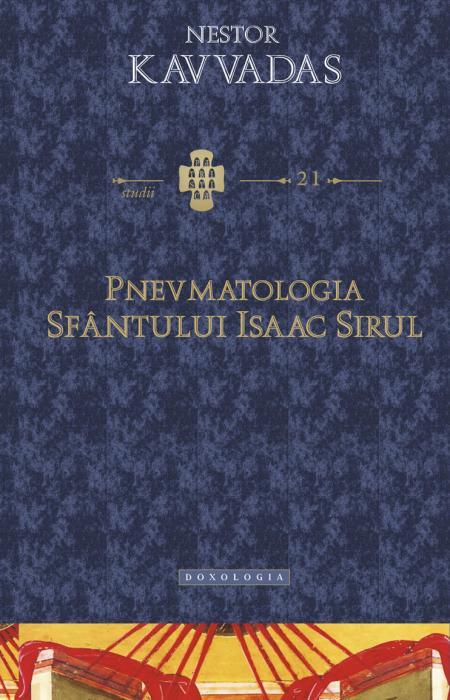
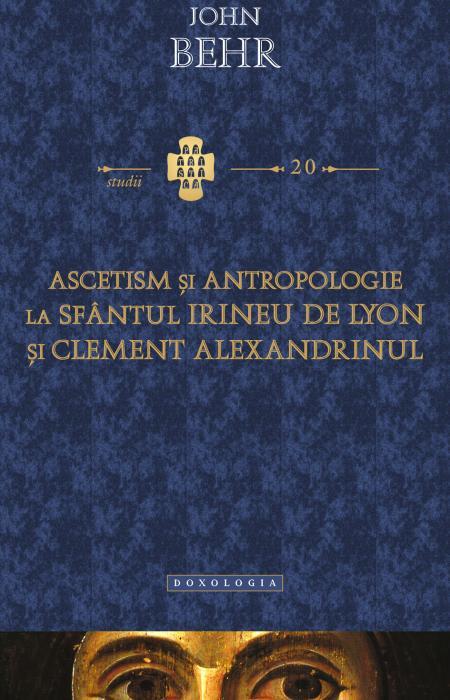
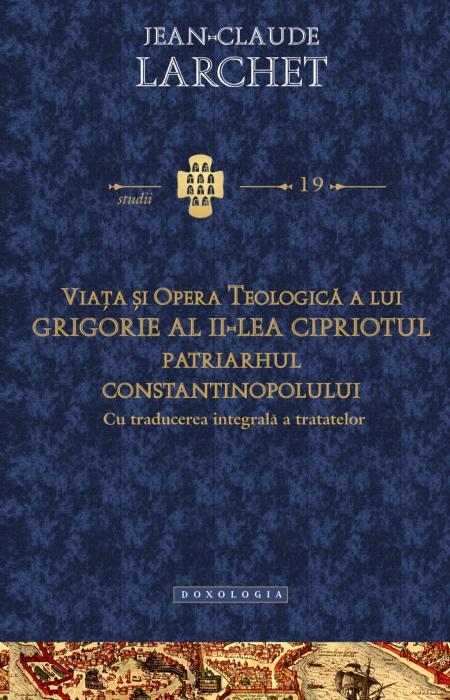
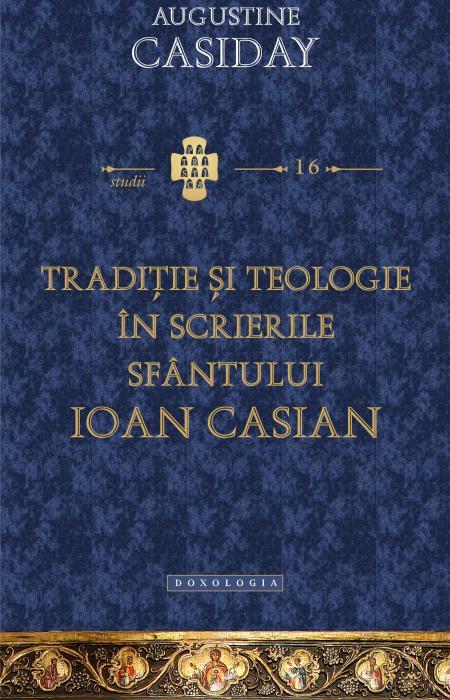
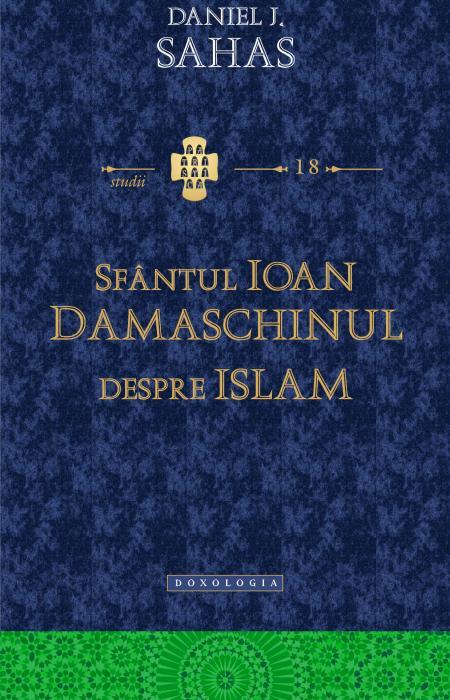
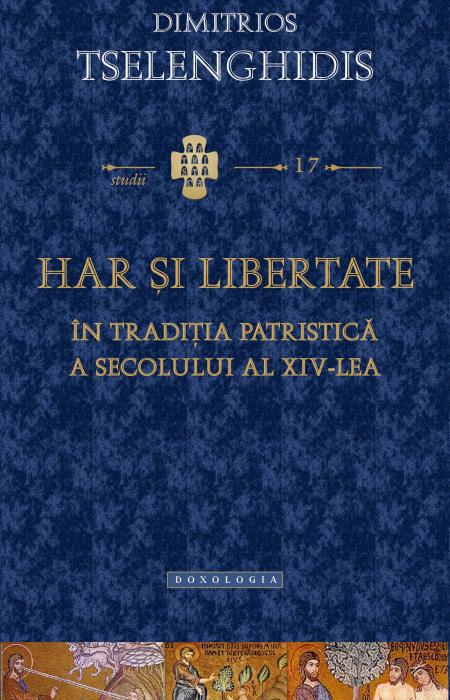

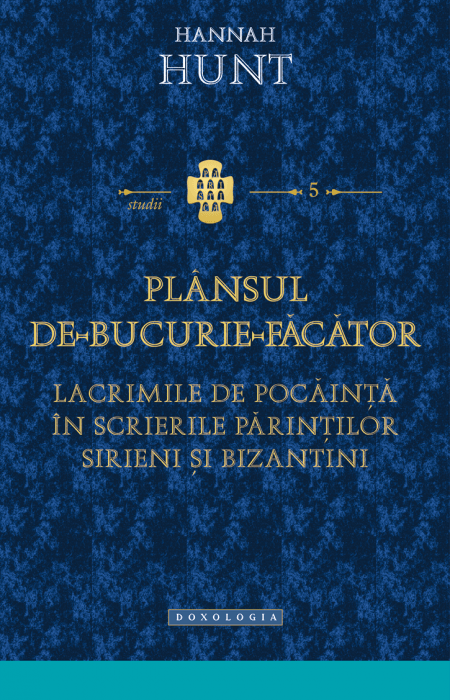
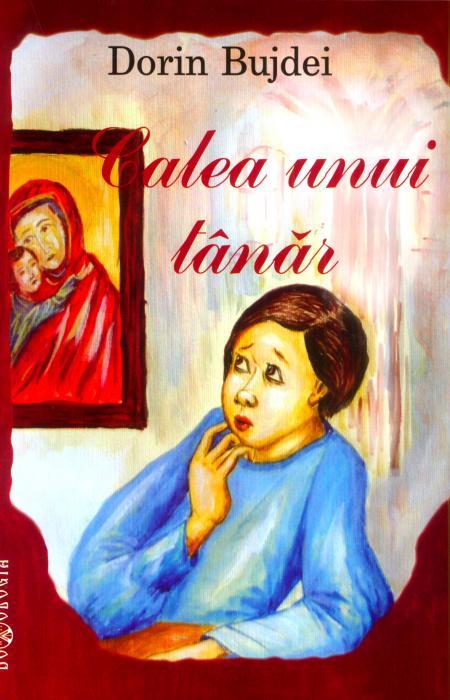
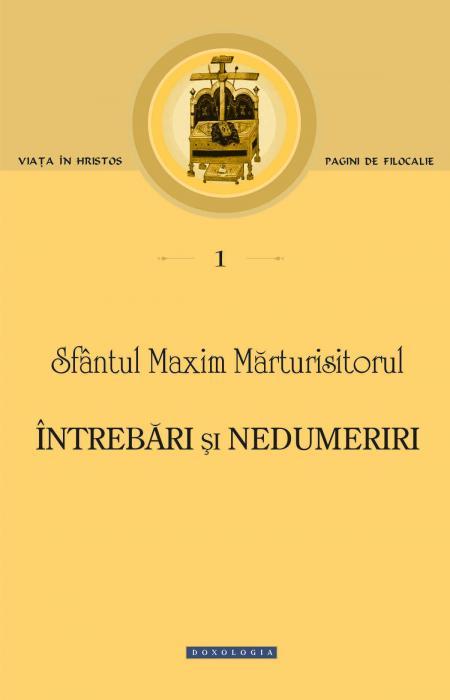
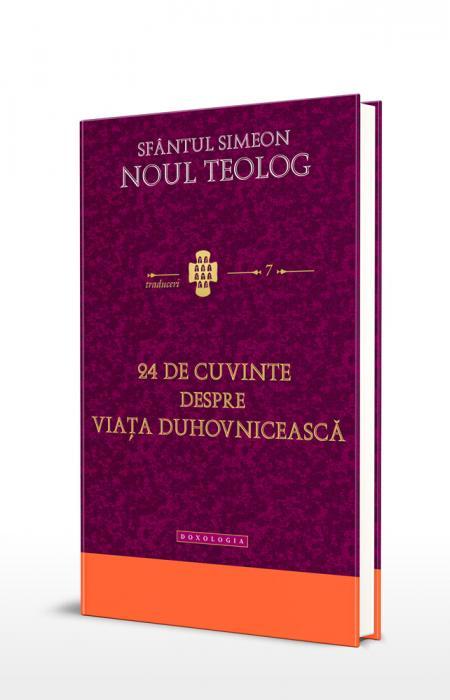
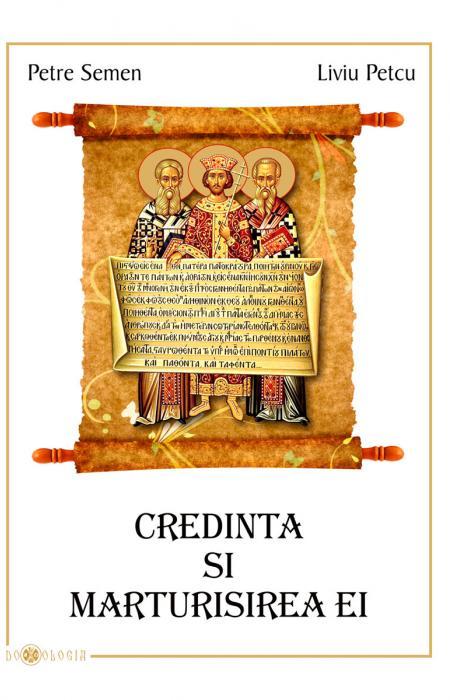

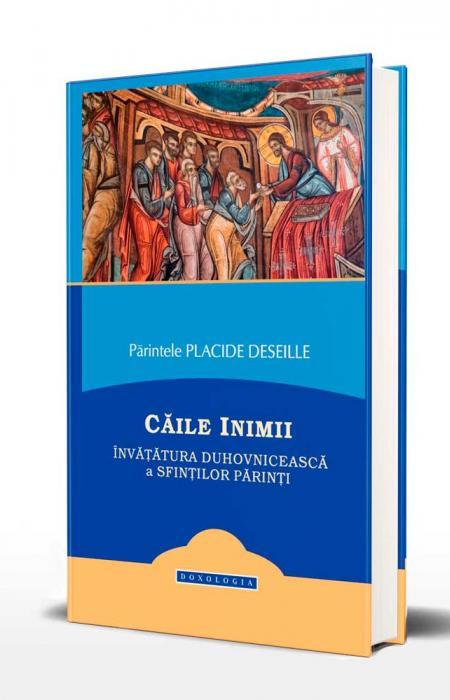
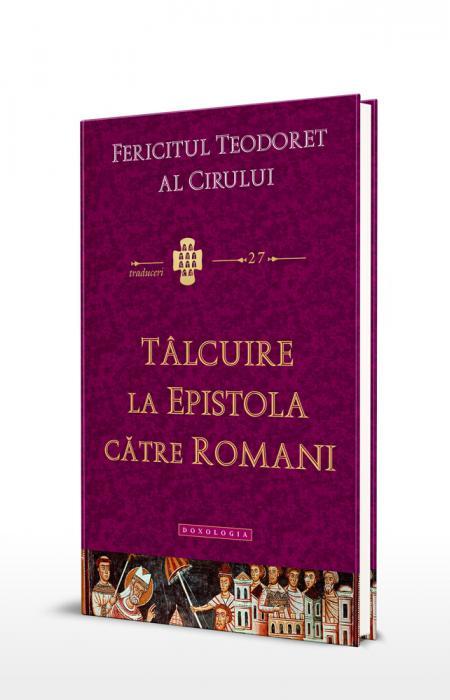
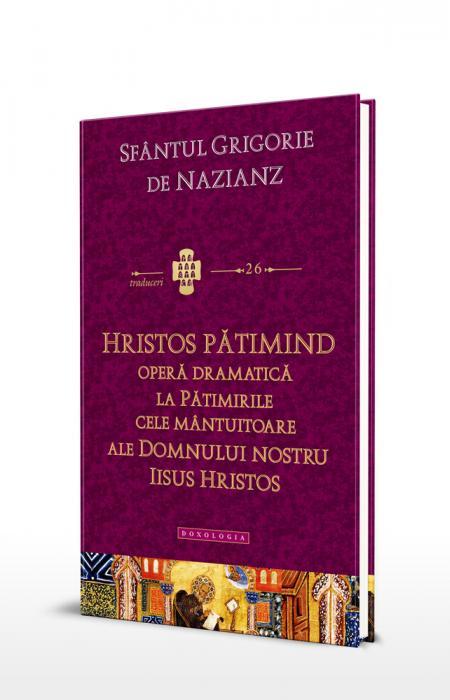
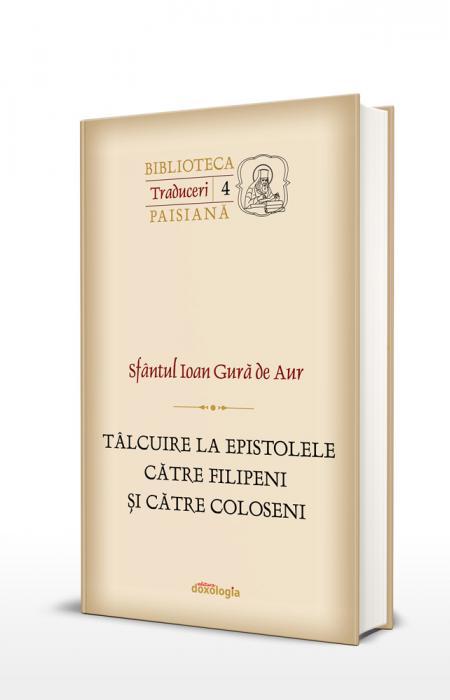
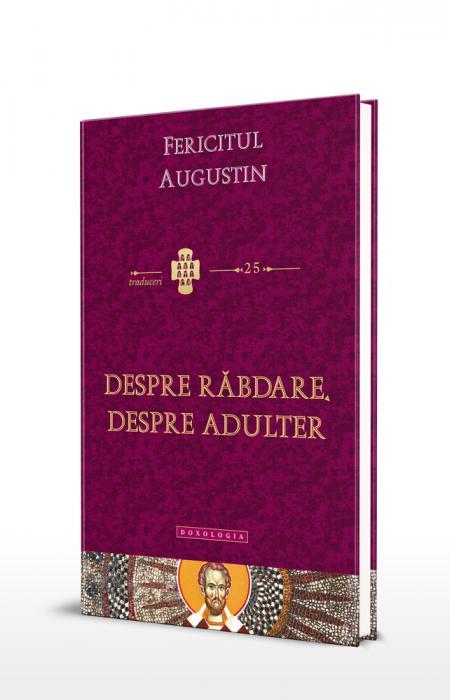
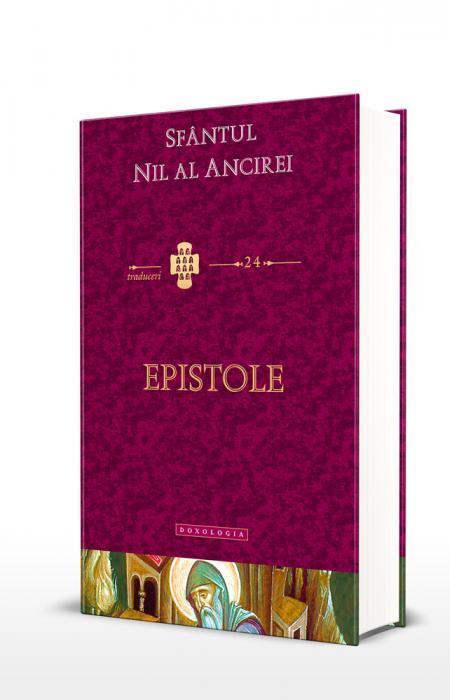
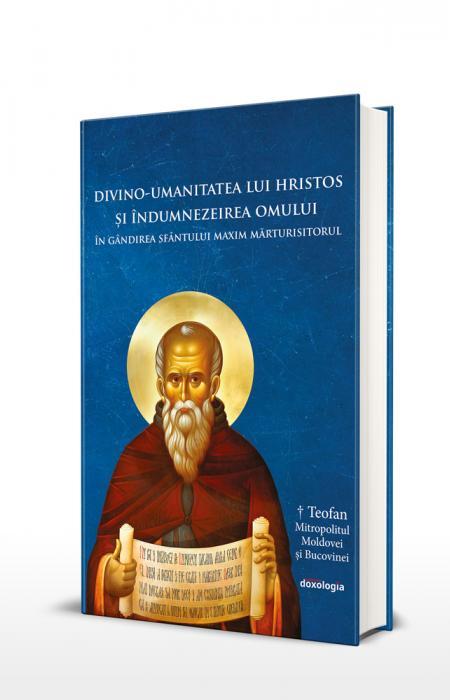
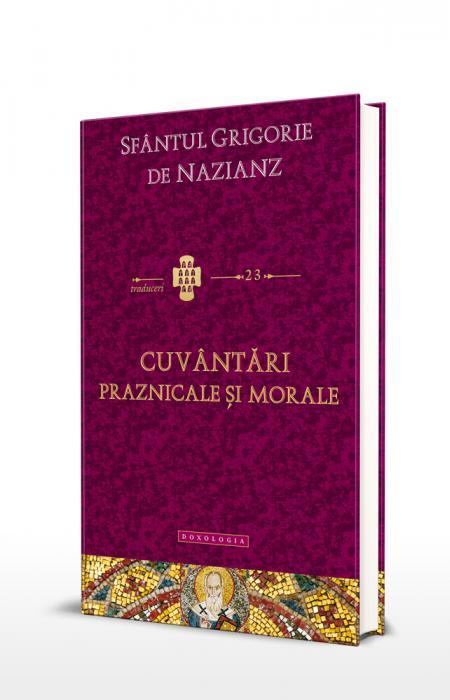
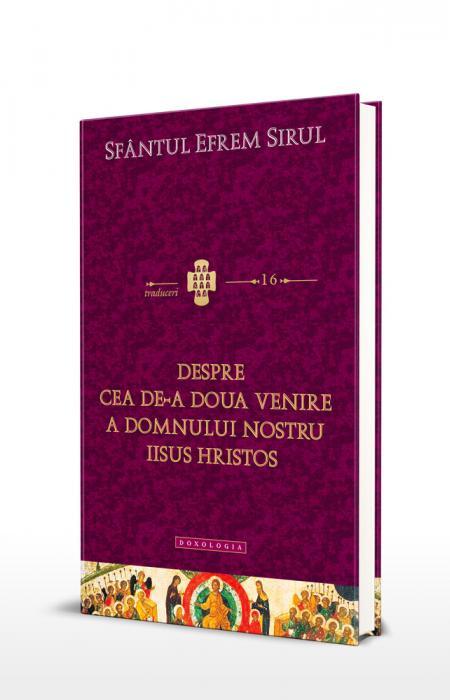


Add new comment